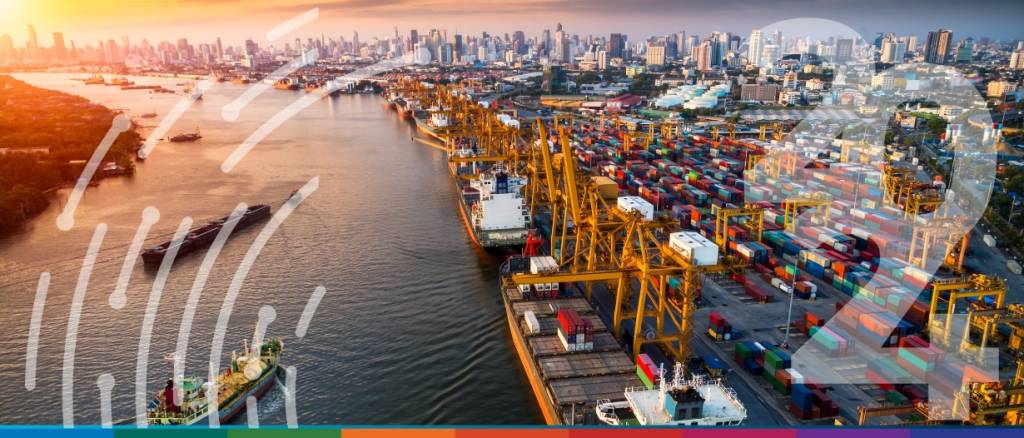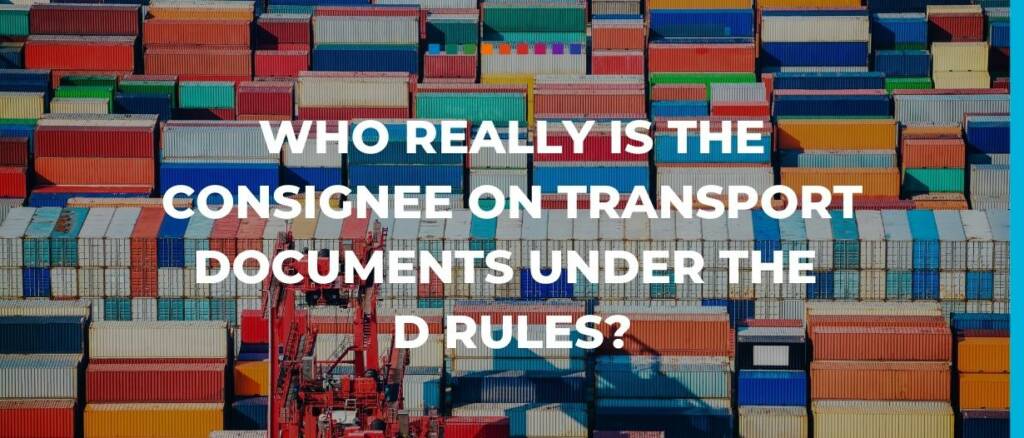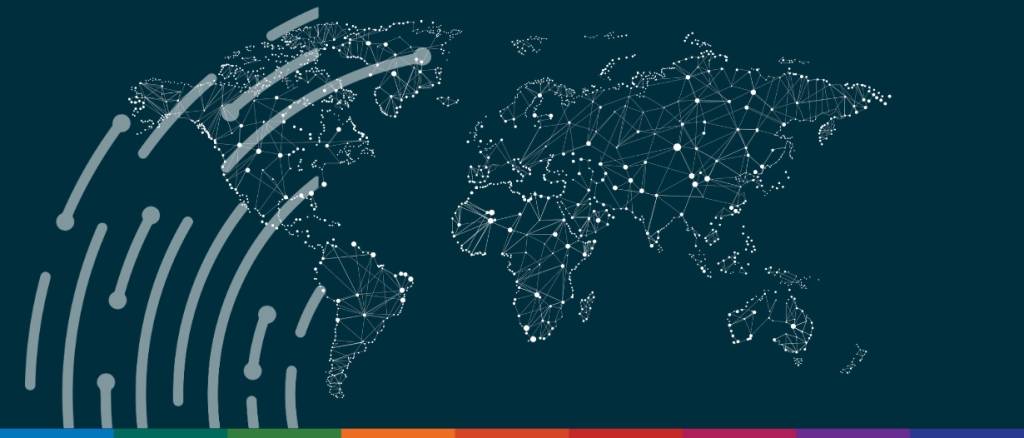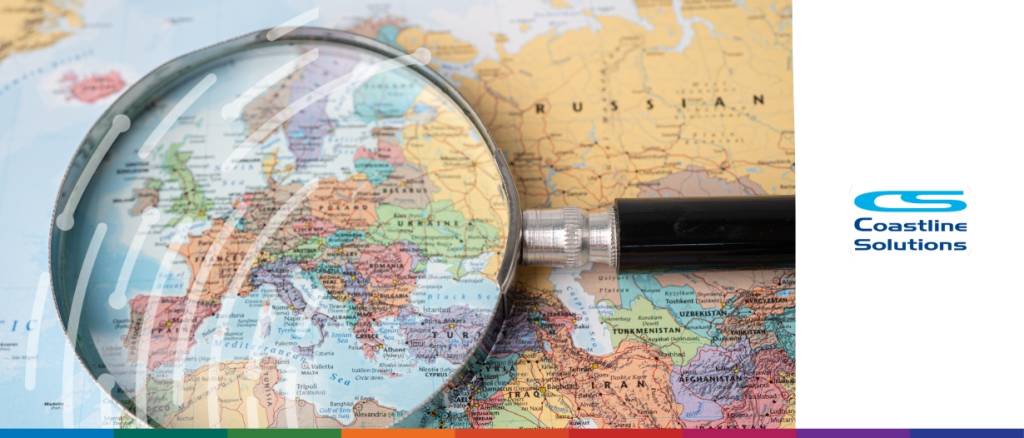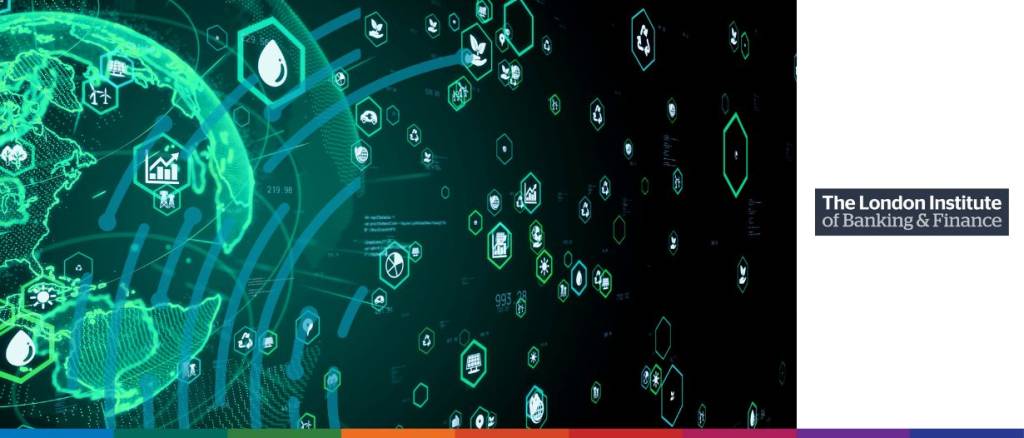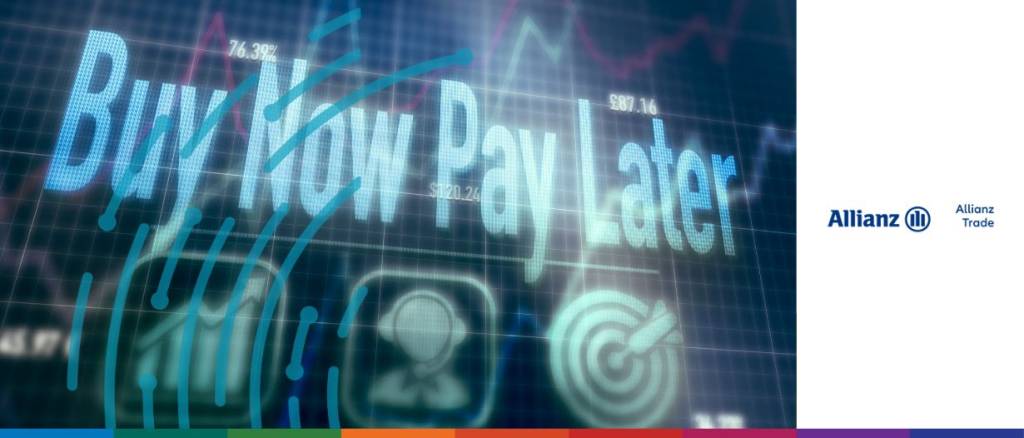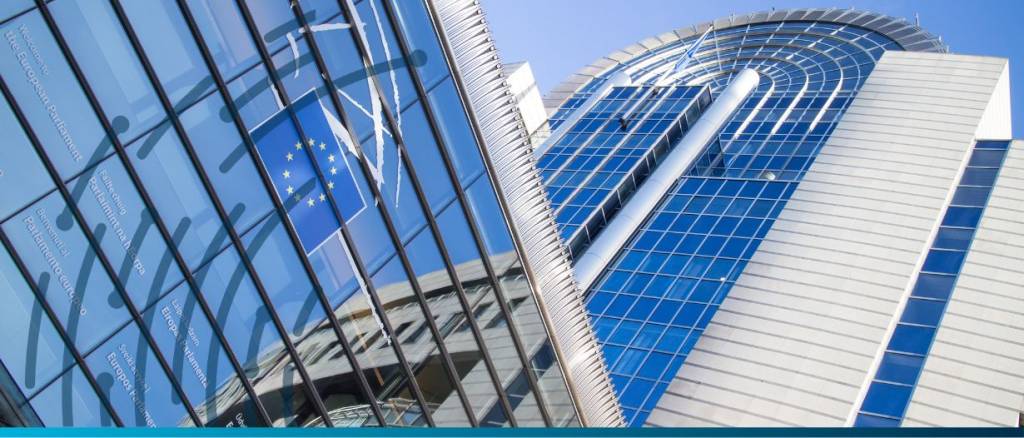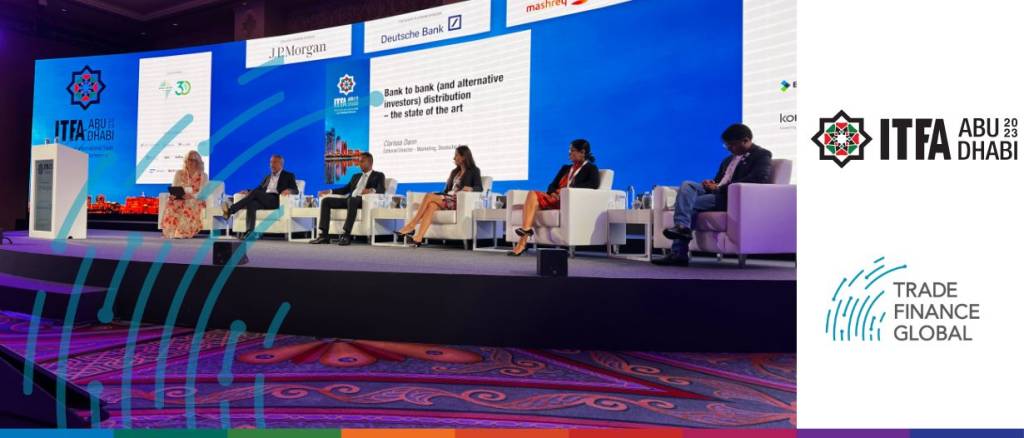To start off the year 2024, we wanted to set out the top seven trade trends we’ll be watching through the coming year.
When the destination place is a terminal and the buyer is to collect the goods, then they will require a transport document showing them as the consignee/notify party.
At TFG, we took the time to reflect back on the happenings across trade, treasury, and payments in 2023. After sifting through our news archives and speaking with industry experts, we devised this list of 9 key events and themes that shaped trade, treasury, and payments in 2023.
As the polycrisis of nature, climate and social justice unfolds, the notion of ‘business as usual’ is being disrupted. Whilst Scope 1 and 2 GHG emissions are largely under the control of an organisation, Scope 3 are considered the ‘hidden’ emissions, intricately woven into a company’s supply chain.
One year after an EU court ruling on beneficial ownership registers left civil society and journalists in 13 countries encountering obstacles or completely unable to access information regarding companies’ real owners, Transparency International (TI) has published analysis of how different European states have responded by introducing disparate approaches to beneficial ownership access.
Alex Gray, Director of Trade and Transaction Banking at the London Institute of Banking & Finance, outlines why the drive for net zero will change trade patterns, why technology could make those changes unpredictable, and how trade professionals can prepare.
Buy-now-pay-later solutions will turbocharge growth in B2B e-commerce, combining trade credit insurance with a seamless digital purchasing experience.
Trade credit insurance (TCI) and surety play a vital role in the global economy, yet they are often overlooked. These instruments provide a safety net that allows businesses to navigate unpredictable financial landscapes more confidently, ensuring that their cash flow remains stable and contractual obligations are met.
The European Union’s proposed Late Payment Regulation (LPR), a revision of the Late Payment Directive (2011/7/EU), has sparked responses from the International Chamber of Commerce (ICC) and the International Trade and Forfaiting Association (ITFA).
At the 2023 ITFA Annual Conference in Abu Dhabi, Trade Finance Global (TFG) was able to speak to some of the top names in trade finance, learning about the latest trends and developments in the industry.















